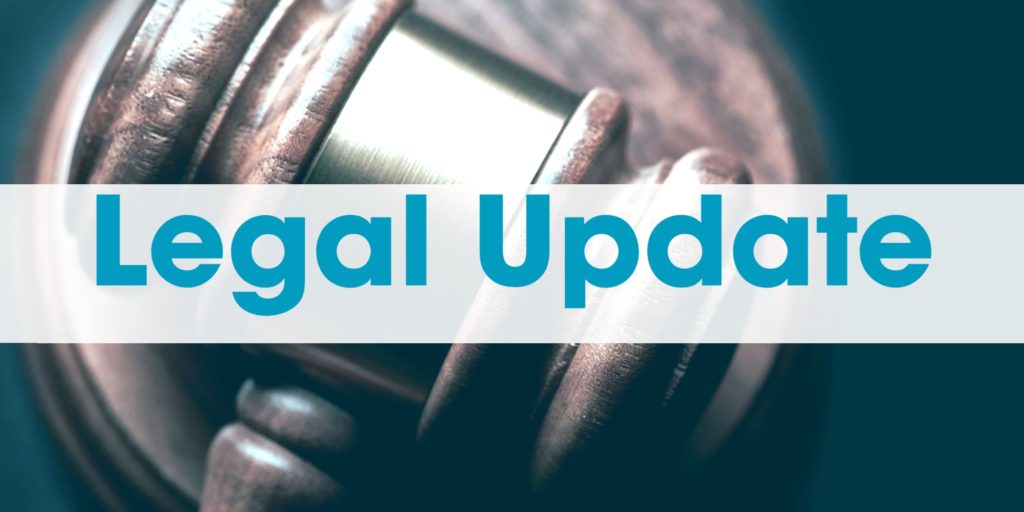 The COVID-19 pandemic has taken a toll on nearly every facet of the workplace. With everything upended, employers are understandably focused on maintaining their service and product quality. But working hard isn’t the only key to successfully enduring the pandemic—in fact, the opposite may be just as critical.
The COVID-19 pandemic has taken a toll on nearly every facet of the workplace. With everything upended, employers are understandably focused on maintaining their service and product quality. But working hard isn’t the only key to successfully enduring the pandemic—in fact, the opposite may be just as critical.
Paid time off (PTO) is something many employees take for granted. Hundreds of millions of vacation days go unused each year, according to the U.S. Travel Association. Due to a variety of factors, some employees opt not to use time off, and they—and the entire organization—end up suffering for it in the long run.
This article explains why encouraging employees to take PTO can be just as important, if not more so, than encouraging the “hustle” culture.

 The COVID-19 pandemic has taken a toll on nearly every facet of the workplace. With everything upended, employers are understandably focused on maintaining their service and product quality. But working hard isn’t the only key to successfully enduring the pandemic—in fact, the opposite may be just as critical.
The COVID-19 pandemic has taken a toll on nearly every facet of the workplace. With everything upended, employers are understandably focused on maintaining their service and product quality. But working hard isn’t the only key to successfully enduring the pandemic—in fact, the opposite may be just as critical.


 . Department of Labor (DOL) issued Field Assistance Bulletin No. 2020-5 to remind employers of their obligation to accurately account for the number of hours their employees work away from the employer’s facilities.
. Department of Labor (DOL) issued Field Assistance Bulletin No. 2020-5 to remind employers of their obligation to accurately account for the number of hours their employees work away from the employer’s facilities.